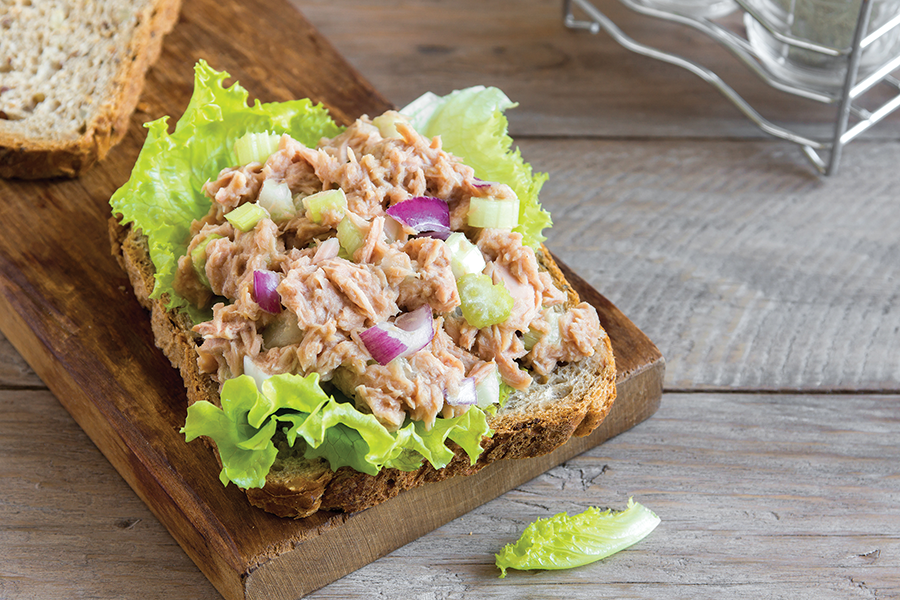Whether you are considering just dipping your toe in the plant-based diet pool or you are thinking about jumping right in, here are a few quick tips to help you get off to a great start.
- TALK TO YOUR DOCTOR. It’s always a good idea to let your doctor know when you are making a significant change to your lifestyle. Those adopting a plant-based diet typically reduce the number and amount of medications they are taking. Your doctor can work with you to monitor your progress and ensure everything goes smoothly.
- ARM YOURSELF WITH RESOURCES.
To learn more about the science behind the plant-based diet, here are a few educational books and videos to get you on your way.
- Forks Over Knives—a Netflix video
- Eat To Live, a book by Dr. Joel Fuhrman
- Dr. Dean Ornish’s Program for Reversing Heart Disease, a book by Dr. Dean Ornish
- Dr. Neal Barnard’s Program
for Reversing Diabetes: The Scientifically Proven System for Reversing Diabetes Without Drugs, a book by Dr. Neal Barnard - Prevent and Reverse Heart Disease, a book by Dr. Caldwell Esselstyn
- The China Study, a book by Dr. T. Colin Campbell and Dr. Thomas Campbell
Having delicious, easy, and healthy recipes at your fingertips will be helpful to your success. Here are some great resources for recipes:
• Forks Over Knives website (www.forksoverknives.com)
- Dr. John McDougall’s website (www. drmcdougall.com)
- The Plant Pure Nation Cookbook by Kim Campbell
- The Happy Herbivore by Lindsay Nixon
- CLEAN OUT AND RESTOCK. If you are to be successful in adopting a plant-based diet, you will need to get your kitchen in order. The first task on the list should be to go through your kitchen cabinets, drawers, refrigerator, and freezer and remove all foods that are not part of your plant-based lifestyle. You can throw the food away or give it away, but make sure you remove it from your sight and reach.
4. BECOME A LABEL DETECTIVE. Get into the habit of reading the labels for every food item you purchase or have in your home. Avoid foods that have a long list of ingredients or that contain animal products, additives, oils, sugars, or other unhealthy ingredients.
5. PLAN AND PREP AHEAD. Planning your meals in advance will reduce your risk of eating something unhealthy when you are hungry. Prepare fruits and veggies so they are ready to eat—store them in containers in the refrigerator; prepare big batches of soups, stews, chilis, salads, potatoes, veggies, beans, rice, and oatmeal and divide into containers for different days and meals for the week; and store extras in the freezer for future meals.
6. FIND SOCIAL SUPPORT. Join a local vegetarian, vegan, or plant-based group in your area and/or a group online. Attend presentations, events, pot lucks, classes, or meet-ups, and get to know others with similar eating lifestyles. NHR





